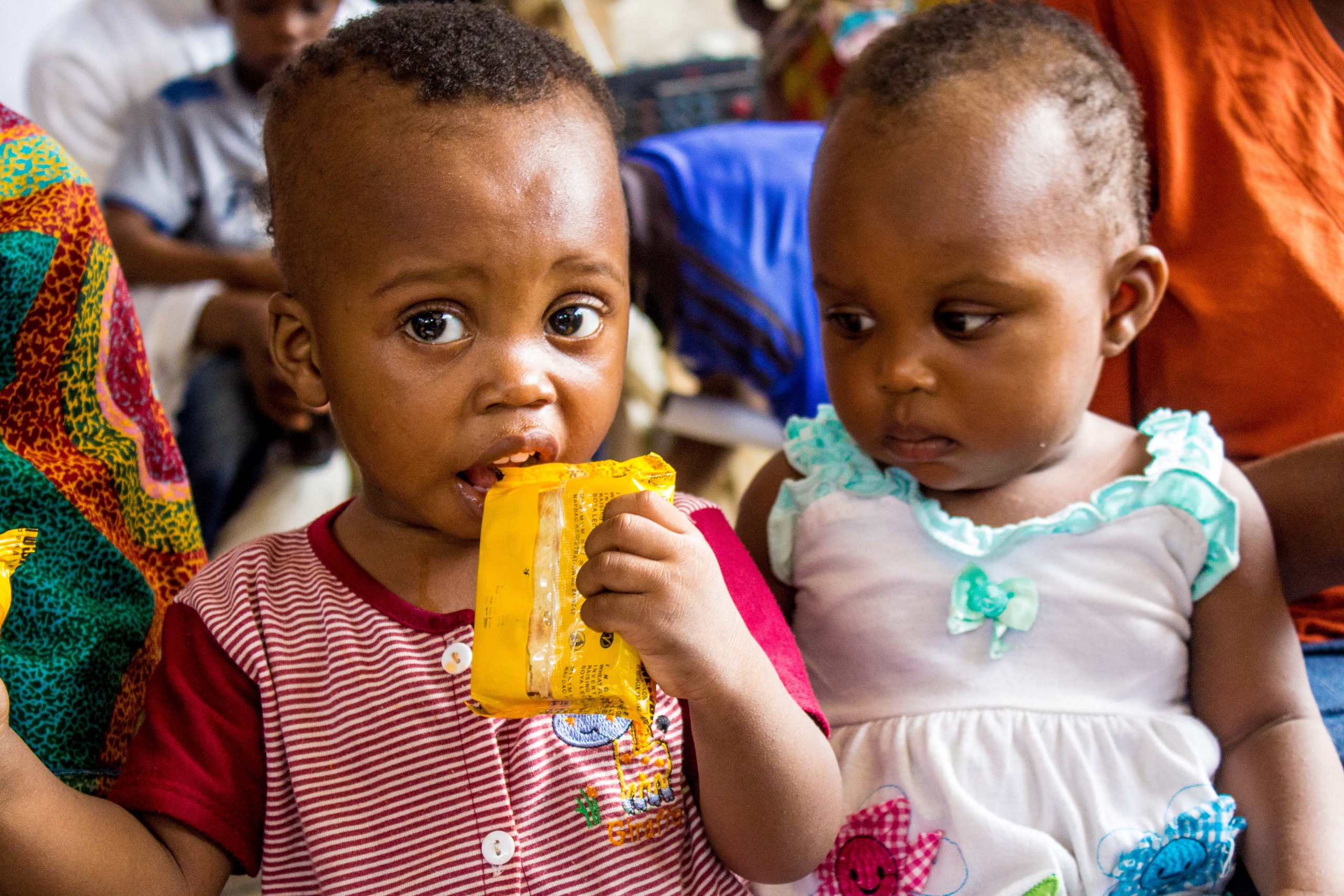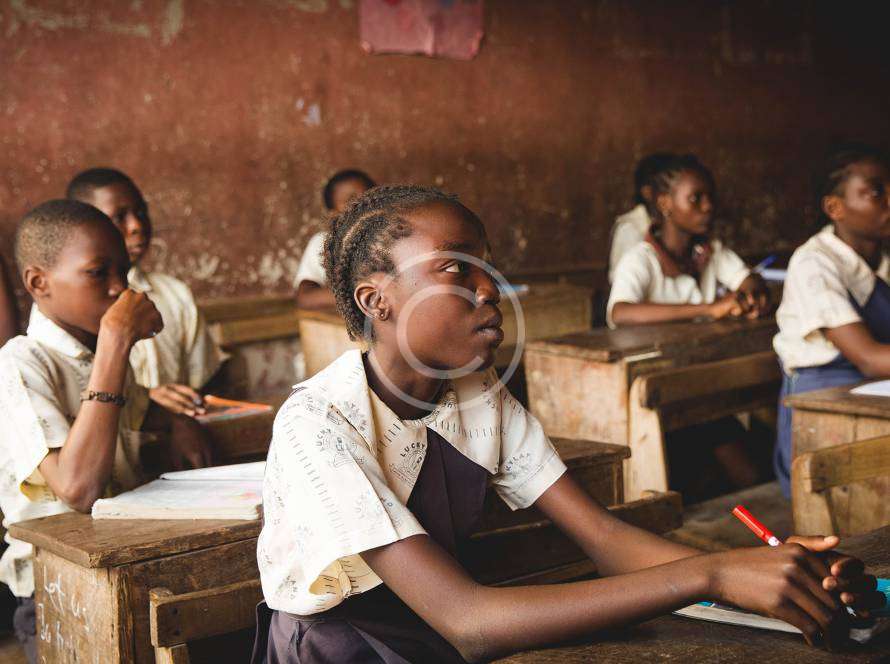Corona Virus Disease 2019 (COVID-19) has become a global health crisis following an outbreak that started in China in late 2019. It is a respiratory disease caused by the Severe Acute Respiratory Syndrome Coronavirus 2 (SARS-Cov-2). It is a new virus that has been linked with the coronaviruses, a family of viruses that includes SARS and some types of common cold.
In the initial stages of the outbreak children weren’t thought to be at risk of developing severe disease and focus was placed on adults and people with preexisting health conditions that suppressed their immune system or affected the respiratory system. However due to the novelty of the disease research is still ongoing and new data is coming up every day.
There is evidence now that the virus can establish serious infection even in healthy individual and children can become infected. They may get ill with the virus or become asymptomatic carriers. An asymptomatic carrier is someone who is infected with the virus but does not develop symptoms.
Asymptomatic carriers cause a lot of problems because although they appear healthy, they can spread the virus and infect other people. Carriers are hard to detect and when they are detected, they can prove hard to treat. They can also serve as reservoir for re-infection and start a new wave of infection if not detected early.
Children have been largely spared of the direct health effects of this virus however, due to the uncertainty of the pandemic and the strict lockdown rules there is still a profound effect on their wellbeing. According to UNICEF this is a universal crisis and for some children the effect of this pandemic will be lifelong. The harmful effects of this pandemic and its mitigation measures affect children in already vulnerable situations more because inequalities in living circumstances are more pronounced with the advent of online learning and the inability to continue to implement school feeding as a form of palliative for children in poor households.
Extra care has to be taken to prevent the direct health effects of the Covid-19 pandemic and the indirect effects on children. Exposure of children should be minimized and age appropriate health education should be given. They should be urged to wash their hands frequently and practice social distancing. Parents have a role to play in educating their children about the disease and keeping it lively indoors to prevent boredom. Parents should also help children stay socially connected with friends via phone calls and other means and watch out for signs of stress. They should also report symptoms of respiratory infections like fever, cough and difficulty breathing to the appropriate bodies.
Alabi Timilehin
SHI Volunteer and microbiologist passionate about many things including writing. I am a cyclist and Forex trading enthusiast.




